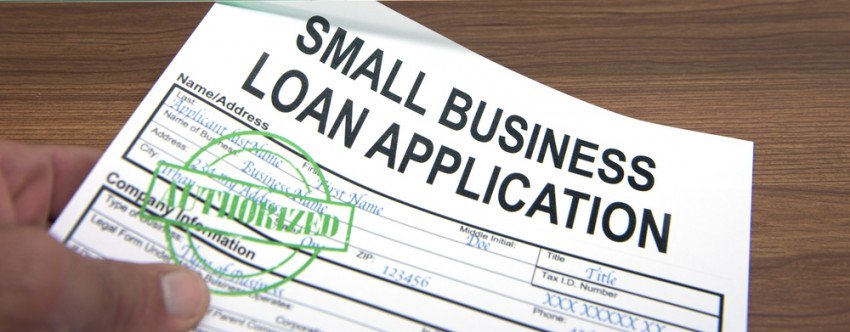There are mistakes made by small business owners that can destroy their businesses no matter what their level of experience or the amount of hard work put into it.
Sadly, there is one aspect that far too many small business owners overlook, they do not have a plan to protect their business from pitfalls. Whatever level of experience a business owner has and their approach to success varies from one company to another.
That said, there are certain things that are universal for running a company and bringing in profits. There are also universal mistakes that will destroy a business, regardless of the industry or experience the owner might possess. The following financial mistakes made by business owners can place their businesses in harm’s way and should be avoided at all costs!
Not Monitoring Their Business’s Credit Score
If you do not know your business score, you need to find out as quickly as possible. This number, or score, is completely different from your personal credit score and reveals your business’s history dealing with debt. There are many factors that can affect this number including your payment history, your debt utilization ratio, and the length of this history. Also, these are all factors that you actually have a lot of control over.
When you want to expand your business growth in a profitable manner, your business’s credit score is extremely important. This score can help you in the future for getting business financing but it’s also a public record that all can see. As an example, if a business is thinking about extending your credit but your business credit score is really bad, they could decline to extend your net terms or only offer something that is not a favorable option.
Aspects such as your business credit card payment history can boost your score. Keeping track of this number and checking it on a regular basis could help your business remain in good standing.
Applying For Financing After An Emergency Has Already Hit
Applying for small business funding after an emergency has hit is a really bad move. Business funding can be used in many different ways. You can use it to grab onto a great opportunity, bridge a cash flow gap, increase your working capital, or help you out in an emergency. Let’s face it, you never know when an emergency might hit. Unfortunately, many business owners wait until the very last moment before applying for funding. Across the board, that makes the loans a great deal more expensive with higher interest rates and a much shorter period of time to pay it back. This approach will only add to a business owner’s stress at a time that is already critical.
On the other hand, just because you can get a loan does not necessarily mean you should. Financing is not free, there are fees and costs that are connected to each and every loan you take out. It is really important that you absolutely need the money before signing off on the loan.
One of the best alternatives, have a business credit card or a business line of credit that is at your disposal when you really need it instead of running around to apply for a loan. The upside to this alternative, you will only pay interest on the money you actually use.
Pay Attention To Your Cash Flow
Keep in mind, your cash flow is the most dependable indication of your business’ well-being. It reveals whether your business will survive over the short term. As an example, observing your cash flow projections will let you know if you will be able to deliver your fixed cost obligations.
As a business owner, if you are not on top of your finances, on a daily basis, you will be at a great disadvantage. Let’s face it, you wouldn’t walk around happy as a canary just because you assume you are in great health even though you haven’t had a physical exam in many years. Well, if you leave all your financial records to your CPA, you will take their word for the health of your company but quite honestly, you really don’t know if that’s true. You need to know if your cash flow is in a positive place or whether it’s starting to move seriously into a negative state.
Your cash flow will have a significant effect on many other aspects of your business. It would be a serious mistake not paying attention to your income statements and balance sheets as both are tied directly to your cash flow.
The Sunk Cost Fallacy
As a small business owner, you will inevitably make mistakes, you’re human. For instance, you might spend money to keep a project going but it’s not working out. You want to believe this project will work if you just invest even more money into it but, in reality, it’s just getting worse and there is no way of getting your investments back.
The concept behind the sunk cost fallacy, you have invested so much money into your project that you believe you must continue with it, even if it’s not working out. It’s the same idea behind someone who keeps gambling, even though they are losing big time because they have convinced themselves they will eventually win.
Let’s say you have incorporated a new product into your business or providing a new service. You have spent a good deal of money and time developing this product or service but it just isn’t taking off. Instead of living in a fallacy, you must come to the reality that it’s just not working ou and move on. You will save yourself a lot of stress and aggravation in the long run. Do not make the mistake of falling into a sunk cost fallacy that has led many a business owner out of business.
As a small business owner, you will learn many lessons along the way as your company grows and just like everyone else, you learn from your mistakes. If you can avoid major mistakes, you will be so much better off in the long run. If you can take something from these common pitfalls or mistakes, your business could be on the road to great success in the near future.



